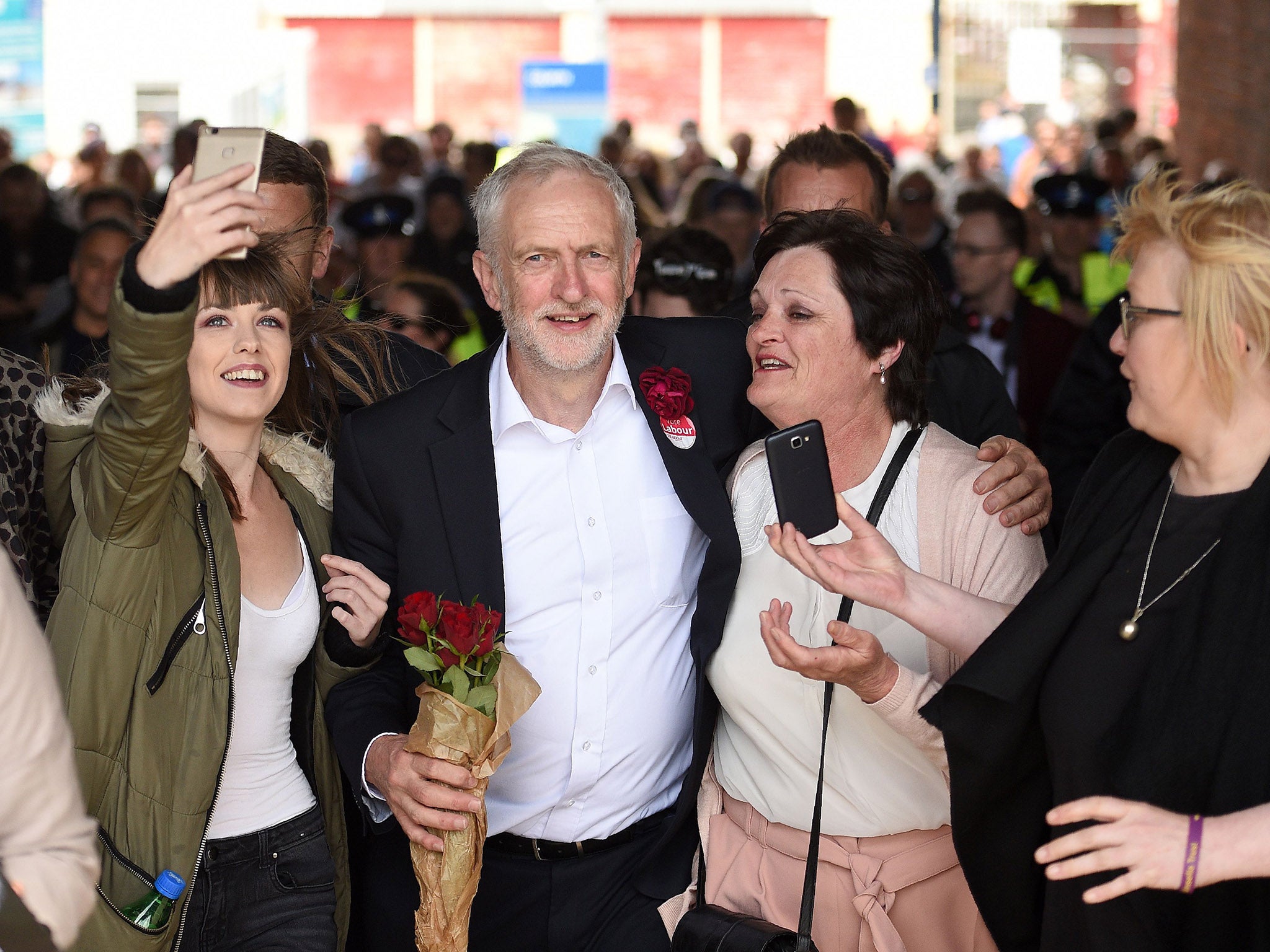Labour's civil war is over – time to give the left of the party more power, not less
Labour First are trying to take power away from its members at the National Executive Committee level. They are forgetting who got the election right – members, not the party establishment

Your support helps us to tell the story
From reproductive rights to climate change to Big Tech, The Independent is on the ground when the story is developing. Whether it's investigating the financials of Elon Musk's pro-Trump PAC or producing our latest documentary, 'The A Word', which shines a light on the American women fighting for reproductive rights, we know how important it is to parse out the facts from the messaging.
At such a critical moment in US history, we need reporters on the ground. Your donation allows us to keep sending journalists to speak to both sides of the story.
The Independent is trusted by Americans across the entire political spectrum. And unlike many other quality news outlets, we choose not to lock Americans out of our reporting and analysis with paywalls. We believe quality journalism should be available to everyone, paid for by those who can afford it.
Your support makes all the difference.Labour’s strong result in June has inspired dramatic volte-faces from many previously hostile MPs. It also secured Jeremy Corbyn in his previously precarious position as leader of the party. However, not everyone in Labour has got the memo.
Continued resistance to Corbyn currently centres on a rule-change being promoted by Labour First, the most significant grouping on the party’s ‘Old Right’. In an email to all members of the group, Luke Akehurst, Labour First’s secretary, encouraged ‘moderate’ activists to support a motion at Labour’s September conference to double the representation of councillors on Labour’s ruling body, the National Executive Committee (NEC). This would be significant as councillors have tended to be Corbyn-sceptic (1000 signed a letter backing Owen Smith last summer, the corresponding letter in favour of Corbyn only managed 246), and with the NEC currently finely balanced between the left and the right of the party, the change could give those hostile to Corbyn an in-built advantage.
Left-wing Labour supporters might wonder why, given Corbyn looks secure as Labour leader, they should concern themselves with the dry world of rule-changes and endless acronyms that make up Labour’s internal politics. However, we only have to look back 12 months to last summer’s leadership election to see how NEC decisions can have a real effect on Labour’s politics (and last summer, on member’s wallet!). That’s because after the post-referendum ‘coup’, the NEC decided to retrospectively remove the right of anyone who had been a member for less than six months to vote for a Labour leader, with anyone falling foul of this verdict having to pay £25 to get a their ballot paper. It was a decision clearly intended to disadvantage Corbyn by disenfranchising members. Luckily it failed.
It’s one among many decisions that show Corbyn supporters must take party democracy seriously. For the past two years, the party’s establishment have attempted to limit the influence of the party’s grassroots activists. They justified their actions with the claim that the ‘idealism’ of party members was pulling the party out of sync with a ‘moderate’ general public. Labour’s election result, which saw the biggest increase in vote share for any major party since 1945, proved it was in fact Labour’s members, not its establishment, that best understood the route to electoral success.
Now is the time for members to demand more, not accept less, power within the Labour Party. At the moment members only elect six members of the NEC out of a total of 35. That’s not good enough.
Further, current rules make it unnecessarily difficult to challenge sitting MPs. To trigger a reselection contest, a majority of all affiliate bodies in a local party have to pass a motion to that effect. This is unsatisfactory on two levels. Firstly, in the current ‘trigger ballot’ process each affiliate body has equal weight. That means an affiliated union or socialist society with three members will have the same influence as a branch with over a thousand.
Secondly, it forces members to campaign negatively. To get the best, most committed candidates into parliament we should be scouring our communities for potential leaders and encouraging them to stand. The fact that in Labour-held seats no contest can begin unless you first ‘de-select’ a sitting MP, means any potential contender faces charges of ‘sectarianism’ before their campaign has even begun.
To build on Labour’s result we must work for a party that actively encourages new talent to rise through the ranks, and MPs need to accept that ‘jobs for life’ aren’t consistent with a proper democracy. The snap election has put to bed any claim that new Corbynite members are mere “clicktivists”, and MPs from all wings of the party have praised the immense door knocking efforts of Momentum supporters. Now it’s time for Corbynite members to get down to branch and CLP meetings and have their voice heard within the Party as well as on the streets.
Michael J Walker hosts The Fix on Novara Media
Join our commenting forum
Join thought-provoking conversations, follow other Independent readers and see their replies
Comments